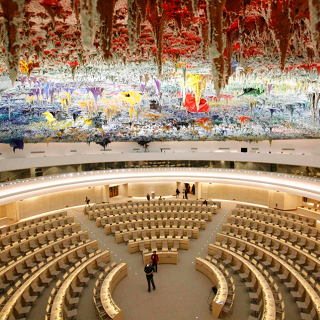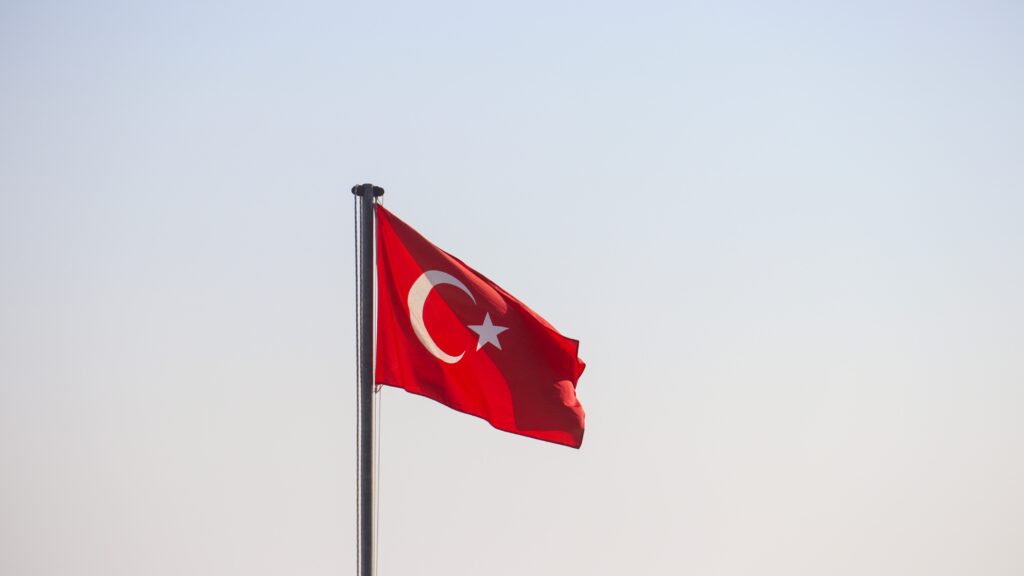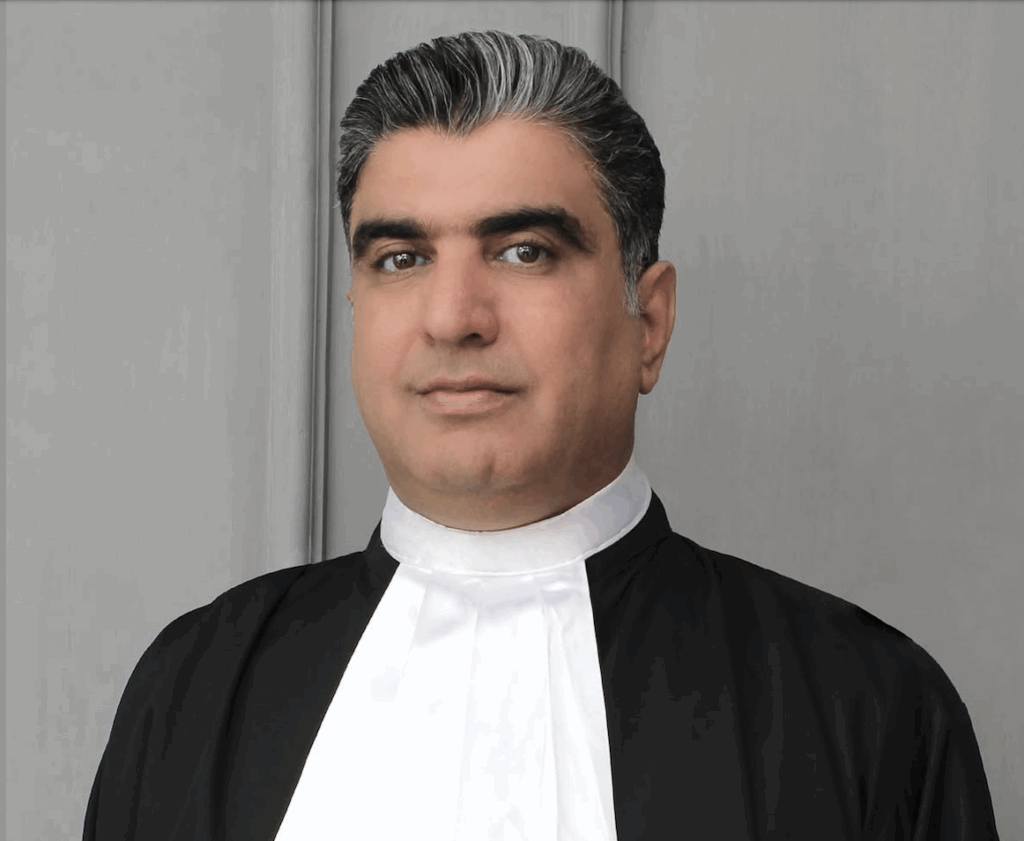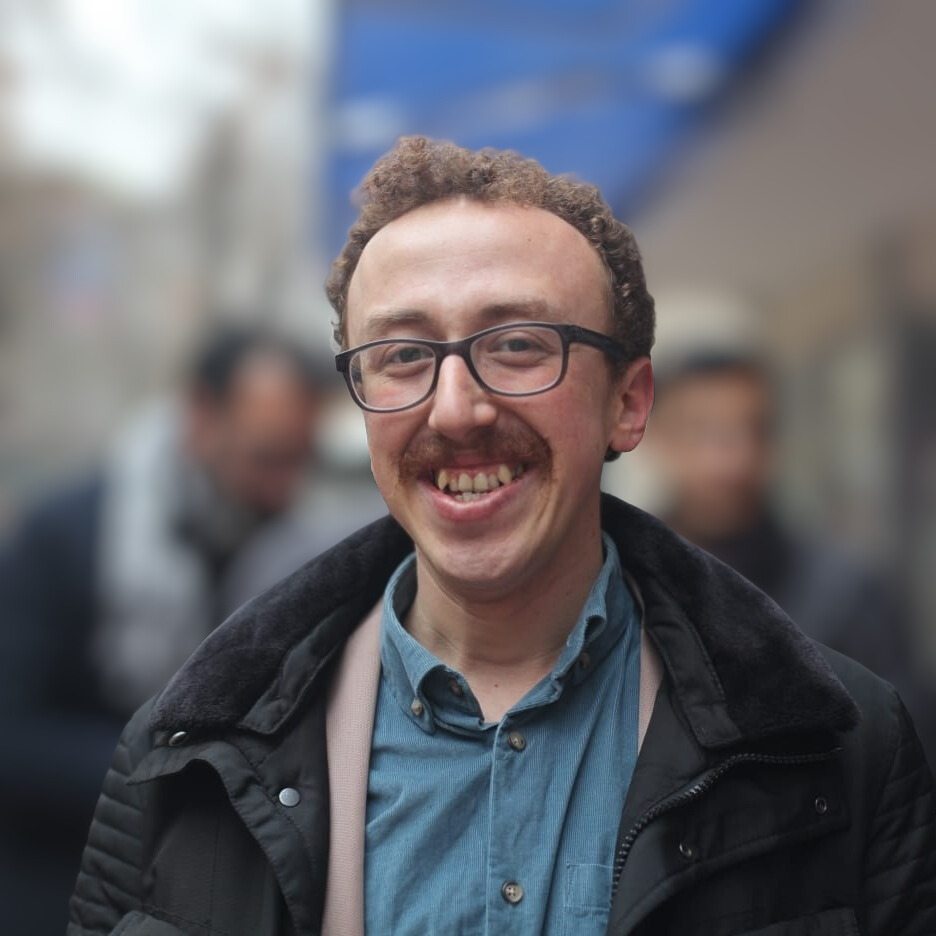On 28 March 2019, Lawyers for Lawyers submitted a report for the Universal Periodic Review (UPR) of the Islamic Republic of Iran. This review will take place in October/November 2019.
In the report, Lawyers for Lawyers highlighted that the Iranian authorities do not always uphold the necessary guarantees for the proper functioning of the legal profession in practice, as set out in the UN Basic Principles on the Role of Lawyers. The report focusses on the following issues:
Lack of independence of lawyers and of the organization of the lawyers’ profession.
Lawyers for Lawyers expressed concerns about the lack of independence of lawyers and of the organization of the lawyers’ profession. In 2001, anew body of lawyers known as “Legal Advisors of the Judiciary” was set up. This body was to function parallel to the Bar Association. Members were appointed by the Head of the Judiciary, while the qualifications of the lawyers involved were of a much lesser degree than the Bar Exam of the Bar Association required of new members of the Bar. The organization of these lawyers was later named “Centre for Legal Advisors, Attorneys, and Experts of the Judiciary”.
The government has undertaken efforts to merge these two organisations of lawyers and bring the organization created through this merger under direct responsibility of the Head of the Judiciary (who is appointed by the Supreme Leader of Iran) but this process has not been completed and meets much protest from the Iranian Bar Association. The Centre for Legal Advisors, Attorneys, and Experts of the Judiciary is an organization of lawyers that lacks independence from the Judiciary; lawyers working under the auspices of the Centre are totally dependent on the approval of the leadership of the Centre.
Arrest and detention of lawyers
Since 1979 at least 200 lawyers have been prosecuted, detained and sometimes jailed for “crimes”, which alleged crimes turned out to be nothing else than these lawyers doing their job on issues and on behalf of clients that apparently are – on purely political grounds – perceived and defined by the authorities as threats to the national security. The submission outlines several recent examples of arrests and prosecution of lawyers, including the prosecution of lawyer Nasrin Sotoudeh.
Right of legal assistance through a lawyer of his /her own choosing
Article 48 of Iran’s Criminal Procedure Regulations provides for the right of citizens to consult with a lawyer. However, a “Note” appended to this article provides that in cases of crimes against the internal or external security of the State suspects have to choose a lawyer from a list approved by the Head of the Judiciary. The list contains lawyers that are selected by the Head of the Judiciary which lawyers clearly cannot be considered to be independent; also, clearly, this provision effectively does away with the right to be represented by a lawyer of his/her choice.




